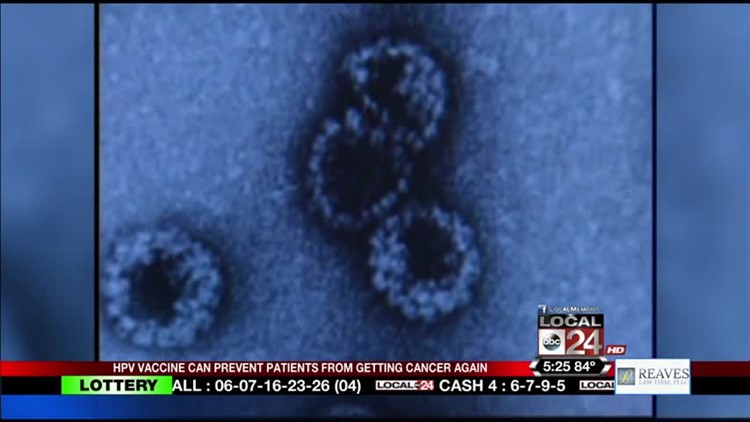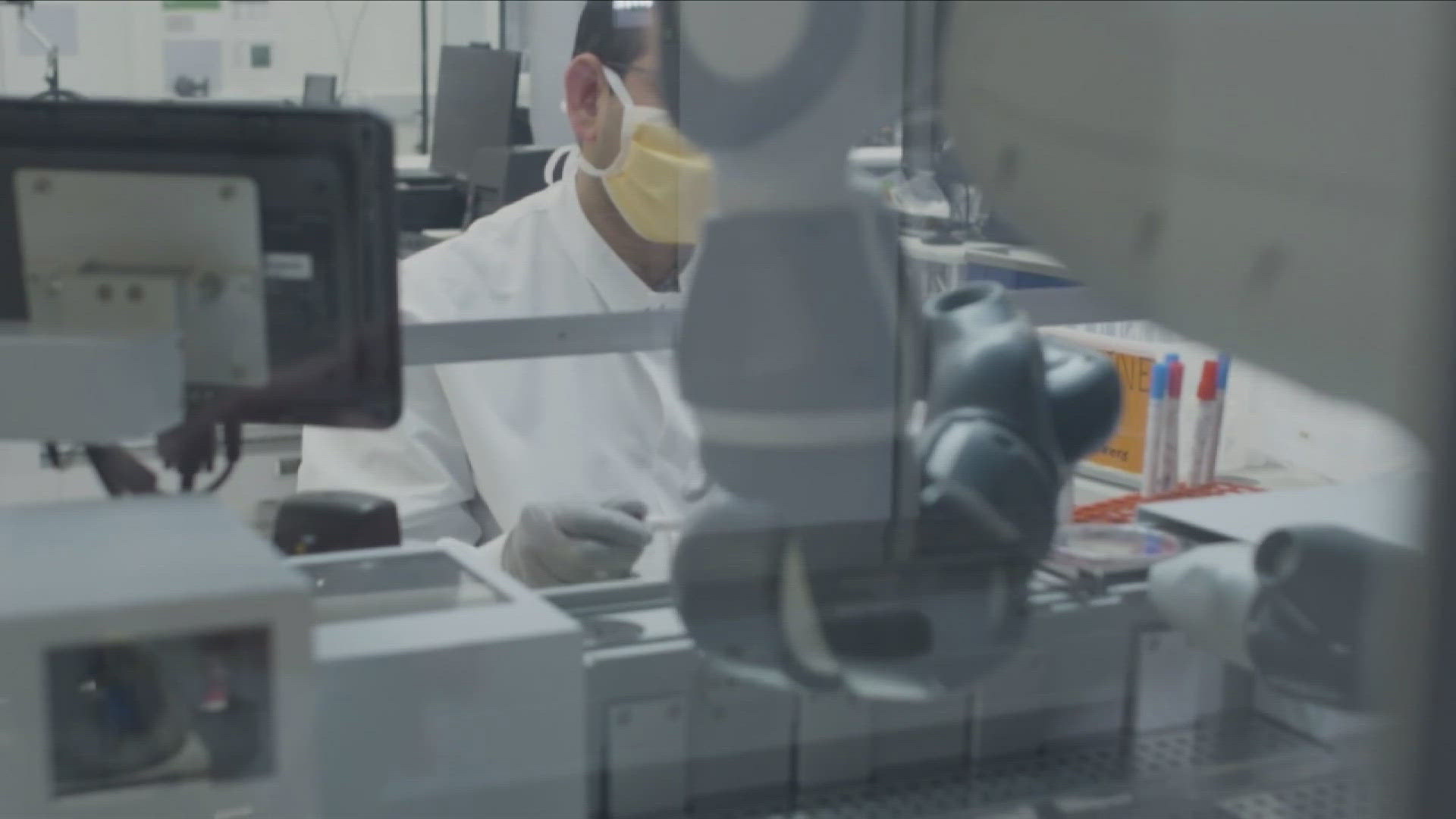A warning from researchers at St. Jude. More childhood cancer survivors should be getting a vaccine that could prevent a second cancer later in life.
A study published Thursday in the Journal of Clinical Oncology says only 24% of childhood cancer survivors have been vaccinated against human papilloma virus, or HPV. That’s compared to 40% who do not have a history of cancer.
The majority of the population will be exposed to HPV in their lifetime. So, it’s important to get the vaccine.
It’s especially important that survivors of childhood cancer get vaccinated, to prevent another cancer later in life.
“HPV is the most prevalent sexually transmitted infection in the United States,” says Dr. James Klosky, a St. Jude Researcher.
As many as 90% of people who are sexually active will be exposed to HPV in their lifetime.
“If our immune system is nice and strong the virus will clear from our systems without any symptoms within two years,” says Dr. Klosky. “But if you’re someone whose immune system is compromised like many of our survivors of childhood cancer, the likelihood of HPV-related complication increases significantly.”
Dr. Klosky says survivors of childhood cancer have an increased risk of getting an HPV-related cancer when they’re older, if they don’t get vaccinated now.
“For the children, this is an anti-cancer vaccine and that’s it,” says Dr. Klosky.
Researchers believe more cancer survivors aren’t getting the vaccine because of the lack of communication between patients and their doctors.
“This is part of women’s healthcare and men’s healthcare. And this is just part of keeping your body healthy avoiding cancer in the future,” says Dr. Klosky.
The HPV vaccine protects against nine of the most high-risk strains of the virus, which can lead to cancer later in life.



